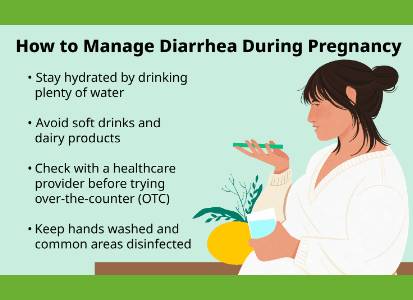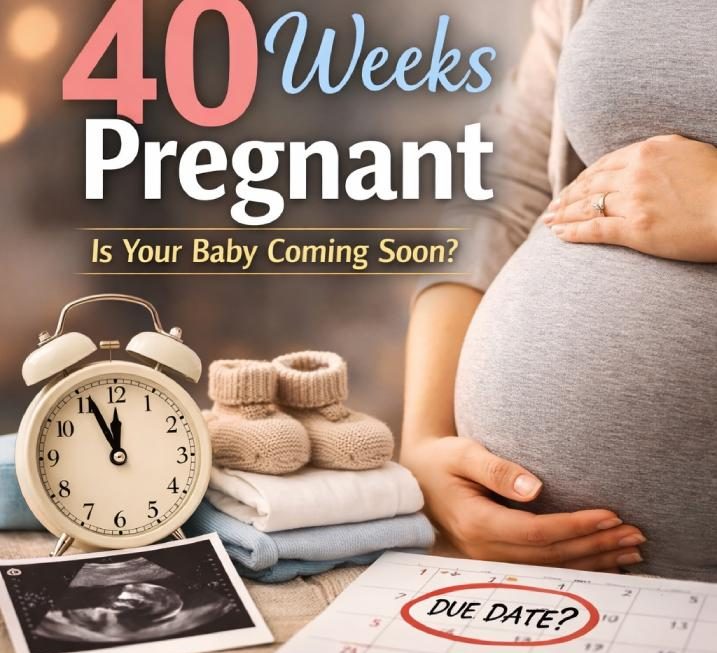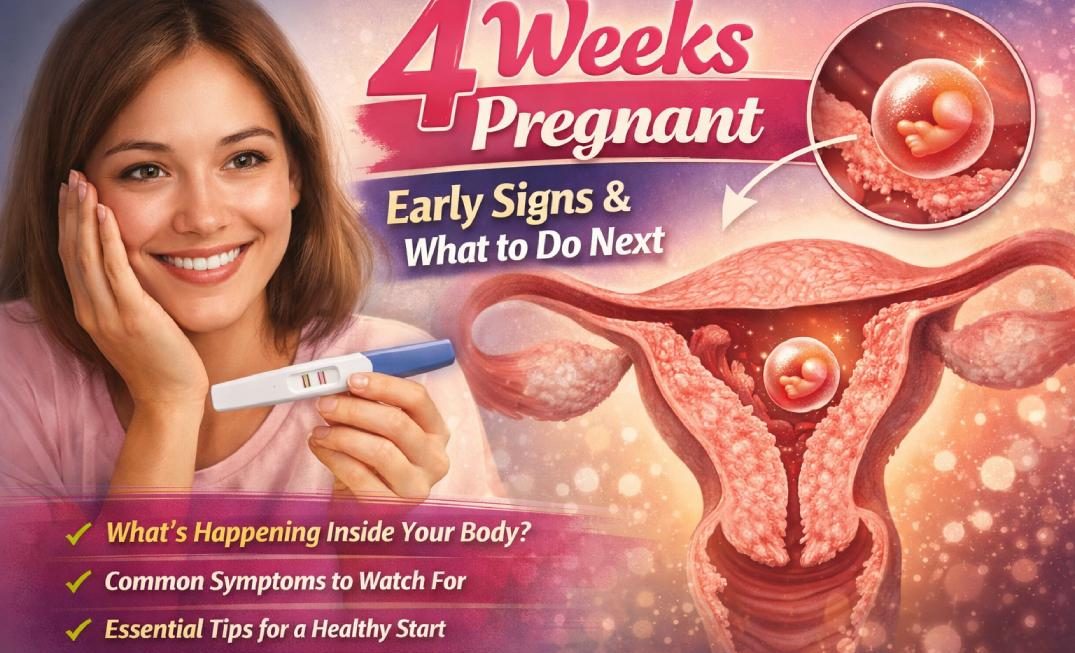Pregnancy is a period filled with excitement and anticipation but comes with its share of challenges and concerns. One of the less talked about, yet common issues that pregnant women face is diarrhea. Experiencing diarrhea while pregnant can be particularly distressing, but it’s crucial to understand why it happens and how to manage it effectively. This directory delves into the causes, symptoms, and treatments for diarrhea during pregnancy, offering practical advice and reassuring tips to help you easily navigate this discomfort.
What Causes Diarrhea During Pregnancy?
Diarrhea during pregnancy can stem from various sources. These range from dietary changes and hormonal fluctuations to underlying health conditions and infections. Let’s break down the primary causes:
Hormonal Changes
Pregnancy hormones, especially progesterone, play a significant role in your digestive system. Progesterone can slow down digestion, leading to constipation. However, in some cases, it might cause the opposite effect, resulting in diarrhea.
Dietary Adjustments
Pregnant women often change their diet to ensure they and their babies receive proper nutrition. Introducing new foods or increasing fiber intake can sometimes upset the digestive system, leading to diarrhea.
Prenatal Vitamins
Prenatal vitamins are essential for the health of both mother and baby. However, the iron content in these vitamins can cause gastrointestinal issues, including diarrhea.
Food Sensitivities and Allergies
Pregnancy can alter your body’s response to certain foods, making you more sensitive or even allergic to substances you previously tolerated well.
Infections and Illnesses
Viral, bacterial, or parasitic infections can cause acute diarrhea. Pregnant women are more susceptible to foodborne illnesses due to changes in their immune system.
Pre-existing Conditions
Conditions like irritable bowel syndrome (IBS) or Crohn’s disease can be exacerbated during pregnancy, leading to increased episodes of diarrhea.
Symptoms and Diagnosis of Diarrhea During Pregnancy
Identifying diarrhea during pregnancy involves recognizing the symptoms and understanding their potential impact. Common symptoms include:
- Frequent, loose, or watery stools
- Abdominal cramps and pain
- Urgency to have a bowel movement
- Bloating and nausea
If these symptoms persist for more than a couple of days, it’s important to seek medical advice. Diagnosis typically involves a review of medical history, dietary habits, and possible exposure to infections. In some cases, stool tests or blood tests may be necessary.
Managing Diarrhea While Pregnant: Safe and Effective Treatments
Managing diarrhea during pregnancy requires a careful approach to ensure both mother and baby remain healthy. Here are some safe and effective strategies:
Stay Hydrated
Diarrhea can lead to dehydration, which is particularly dangerous during pregnancy. Drink plenty of fluids, such as water, clear broths, and oral rehydration solutions, to maintain hydration.
Adjust Your Diet
Eating bland, easy-to-digest foods can help alleviate diarrhea. The BRAT diet – bananas, rice, applesauce, and toast – is often recommended. Avoid fatty, spicy, or greasy foods, as well as dairy products and caffeine, which can aggravate symptoms.
Over-the-Counter Remedies
Some over-the-counter medications, like loperamide, are generally considered safe during pregnancy but should only be taken under the guidance of a healthcare provider.
Probiotics
Probiotics can help restore the balance of good bacteria in your gut. Foods rich in probiotics, like yogurt and fermented foods, or supplements, can be beneficial.
Preventing Diarrhea During Pregnancy
Preventing diarrhea during pregnancy involves a combination of good hygiene, proper diet, and awareness of food safety. Here are some tips:
Practice Good Hygiene
Wash your hands thoroughly with soap and water before eating and after using the restroom. This helps prevent infections that can cause diarrhea.
Be Mindful of Food Safety
Avoid raw or undercooked meats, unpasteurized dairy products, and foods from street vendors. These can be sources of harmful bacteria and parasites.
Monitor Dietary Changes
Introduce new foods gradually and monitor your body’s response. This can help identify potential food sensitivities early on.
Stay Informed
Keep up with prenatal care visits and discuss any digestive issues with your healthcare provider. They can provide personalized advice and adjustments to your diet or prenatal vitamins if needed.
When to Seek Medical Attention
While most cases of diarrhea during pregnancy are mild and resolve on their own, it’s important to know when to seek medical attention. Contact your healthcare provider if you experience:
- Diarrhea lasting more than 48 hours
- Severe abdominal pain or cramping
- Signs of dehydration (e.g., dark urine, dizziness, dry mouth)
- Blood or mucus in the stool
- Fever or chills
FAQs About Diarrhea During Pregnancy
1. Is diarrhea common during pregnancy?
Yes, diarrhea can be common due to hormonal changes, dietary adjustments, and increased sensitivity to certain foods.
2. Can diarrhea harm my baby?
Diarrhea itself is not harmful to the baby, but severe dehydration and underlying infections can pose risks. It’s crucial to manage symptoms and seek medical advice if needed.
3. What foods should I avoid if I have diarrhea during pregnancy?
Avoid fatty, spicy, or greasy foods, as well as dairy products and caffeine. Stick to bland, easy-to-digest foods like those in the BRAT diet.
4. Can I take anti-diarrheal medications while pregnant?
Some anti-diarrheal medications may be safe during pregnancy, but always consult your healthcare provider before taking any medication.
5. How can I prevent diarrhea during pregnancy?
Practice good hygiene, be mindful of food safety, introduce new foods gradually, and stay informed about potential food sensitivities.

Experiencing diarrhea while pregnant can be uncomfortable and worrisome, but understanding its causes and knowing how to manage it can make a significant difference. By maintaining good hygiene, eating a balanced diet, and staying hydrated, you can navigate this common pregnancy issue with confidence. Always consult your healthcare provider for personalized advice and treatment options, ensuring the health and well-being of both you and your baby.


